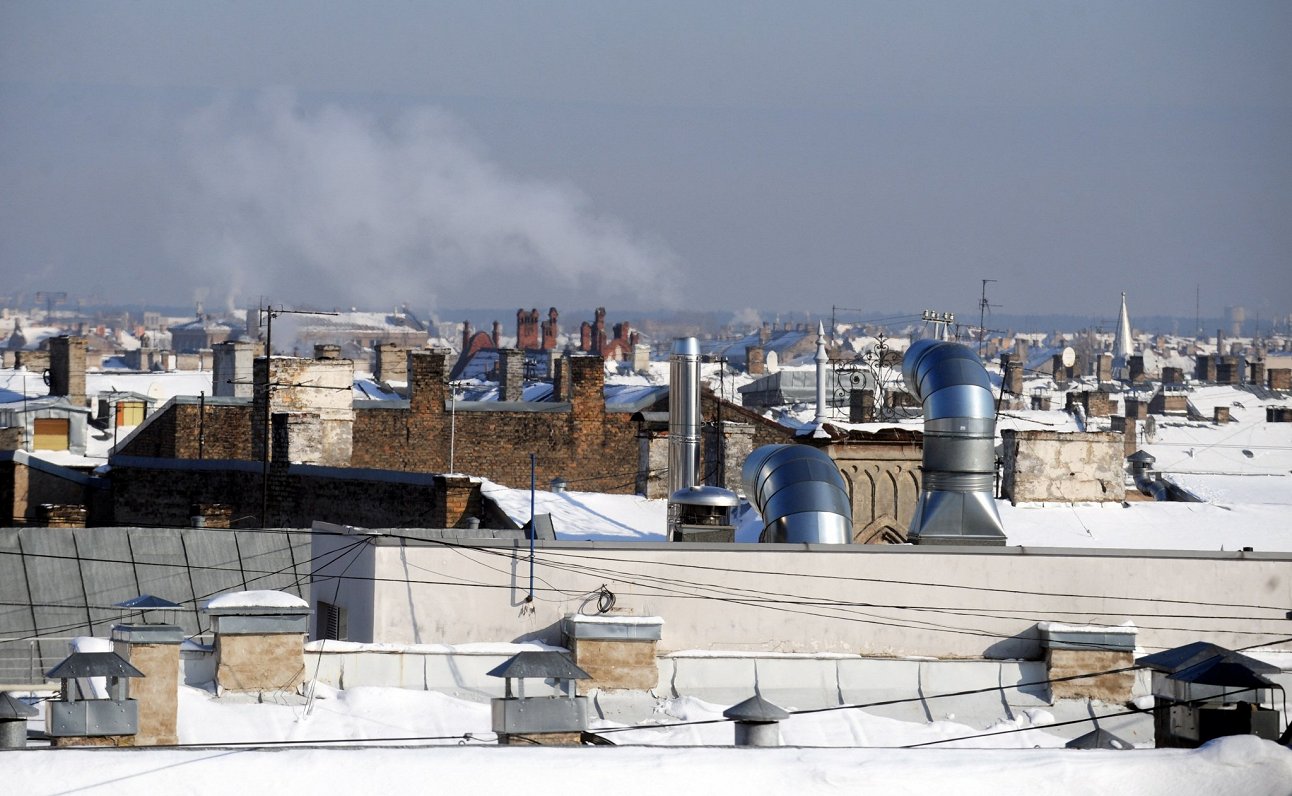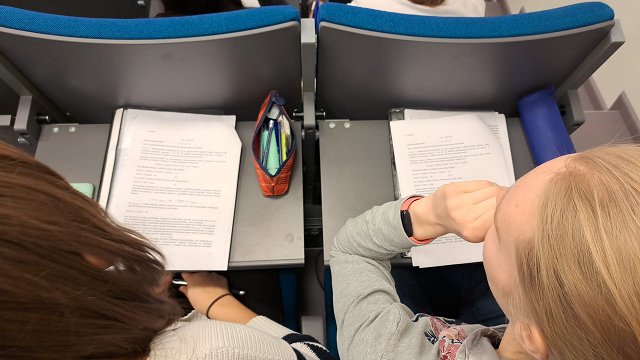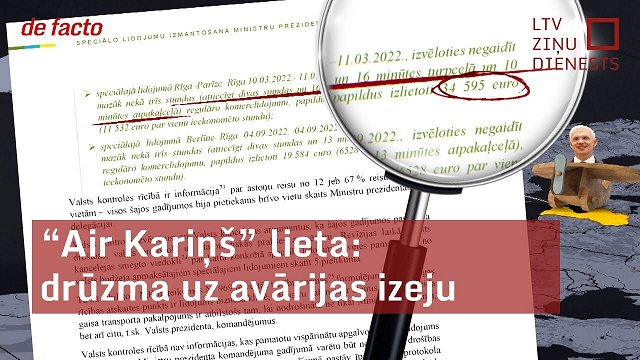In May, households will be able to apply for aid to replace old and inefficient heating systems in homes. Priority projects are to be carried out in the urban areas of Rīga, Liepāja, and Rēzekne, where exceedances of the regulatory limits on air pollution have been detected for a long time. Housing owners in other cities will also be able to apply.
“The program is targeted at private houses and small multi-apartment houses whose residents will be able to replace their old wood heating furnaces, or maybe someone has preserved coal boilers or peat boilers,” said Dana Prižavoite, head of the Environment Department of Environmental Protection and Regional Development.
Data from the Ministry of Environment show that of all Latvian households with individual heating, 70-80% use biomass for heating.
In 2020, in cities, the average age of wood-fueled furnaces and stoves ranged from 23 to 27. On the other hand, the average age of central boilers using wood, wood residues, and briquettes was between 13 and 23 years. The Ministry estimates that a total of 1,200 households will be able to receive this European funding grant of 50-95% of the replacement costs.
"Priority is given to connections to a district heating system. Those will be supported at 95%. The second priority, with 85% aid, is for the replacement of heat pumps, with the exception of an air heat pump [..]. 70% aid is planned for the replacement of biomass boilers. Similarly, depending on the capacity of each installation, we have prepared different aid amounts for each technology,” Prižavoite said.
Edmunds Priede, sales director of the producer of heat plants and the wholesale retailer SIA Onninen, said that since March last year, demand for the replacement of heating equipment had increased tenfold compared to 2021. "Over the past 6 years, the efficiency-improvement and replacement of boilers have been very moderate at an increasing rate, but the last and one and a half years have shown that people's interest in replacing heating types has increased significantly.
"Primarily, people are thinking about using their heating plants more efficiently and having cheaper costs. And also because of the geopolitical situation, people are interested in security and sustainability. To be independent of any external conditions during the heating season," said Priede.
Dmitrijs Gaujenietis, head of heating systems trader Akvedukts sales division, said that last year the demand for heating systems was so high that at times all market participants could not provide it sufficiently. But this year, the supply situation has normalized across Europe.
The selection of applications for replacement heating equipment and the entering into contracts will be ensured electronically by the Central Finance and Contracting Agency. By the end of 2025, the investment of this aid is intended to achieve a reduction of at least 50 tonnes per year of emissions of fine particles of pollution.































